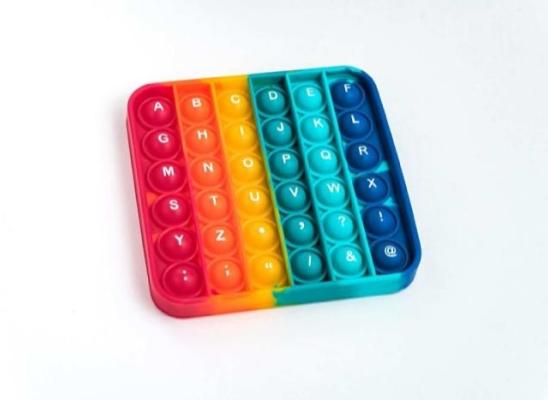3D printing helps a woman with Trich
Online test
Find out the severity of your symptoms with this free online test
What does 3D printing have to do with trichotillomania? One woman who had been struggling with compulsive hair pulling for many years discovered the use of 3D printing for the creation of a prosthesis for the scalp! Louise Damiano-Gavigan had been struggling with trichotillomania for years, with the onset being caused by the overwhelming stress of a struggling business. Louise was fortunate to have the support of her husband who helped her try various strategies to stop pulling. And while these were somewhat effective in reducing the pulling, Louise was still losing hair and creating bald spots. In an effort to preserve her hair, their research stumbled upon the Transitions Hair Solutions group. Transitions Hair Solutions is a New Jersey based business offering the very latest in hair replacement and hair restoration technology.
The Solution
Through Transition Hair Solutions Louise had found a solution in the form of a 3D printed hair piece. This involved the creation of a custom-made prosthetic scalp , which is designed to fit flush against the person's own scalp giving it an authentic feel, and is printed with breathable, antibacterial, anti-fungal polymer. Once measurements of the scalp is taken, the information is sent to a factory in Italy where the prosthetic scalp is printed. It is then injected with thousands of individual human hairs similar to the grain and texture of Louise's own hair. According to the owner of the salon Danielle Grillo, the prosthesis also prevents pulling because it is not the wearer's real hair, so most people do not bother to pull on it once it is in place as it does not provide the same level of satisfaction as hair pulled from their own scalp. While this is not a long term solution it has provided Louise the opportunity to regain her confidence and enjoy life once again.

Photo credit: Louise Damiano-Gavigan
Not the answer for everyone
As with all treatments, this is not a solution for everyone. For one, it is a very expensive item so will not be accessible for the majority of trichsters. It is also not sustainable because it doesn't address the root cause of the pulling. For Louise, she realised that she needed to manage her stress and anxiety to reduce the urge to pull so she took up mediation and yoga, which she is finding beneficial.
Online test
Find out the severity of your symptoms with this free online test
Start your journey with TrichStop
Take control of your life and find freedom from hair pulling through professional therapy and evidence-based behavioral techniques.
Start Now



